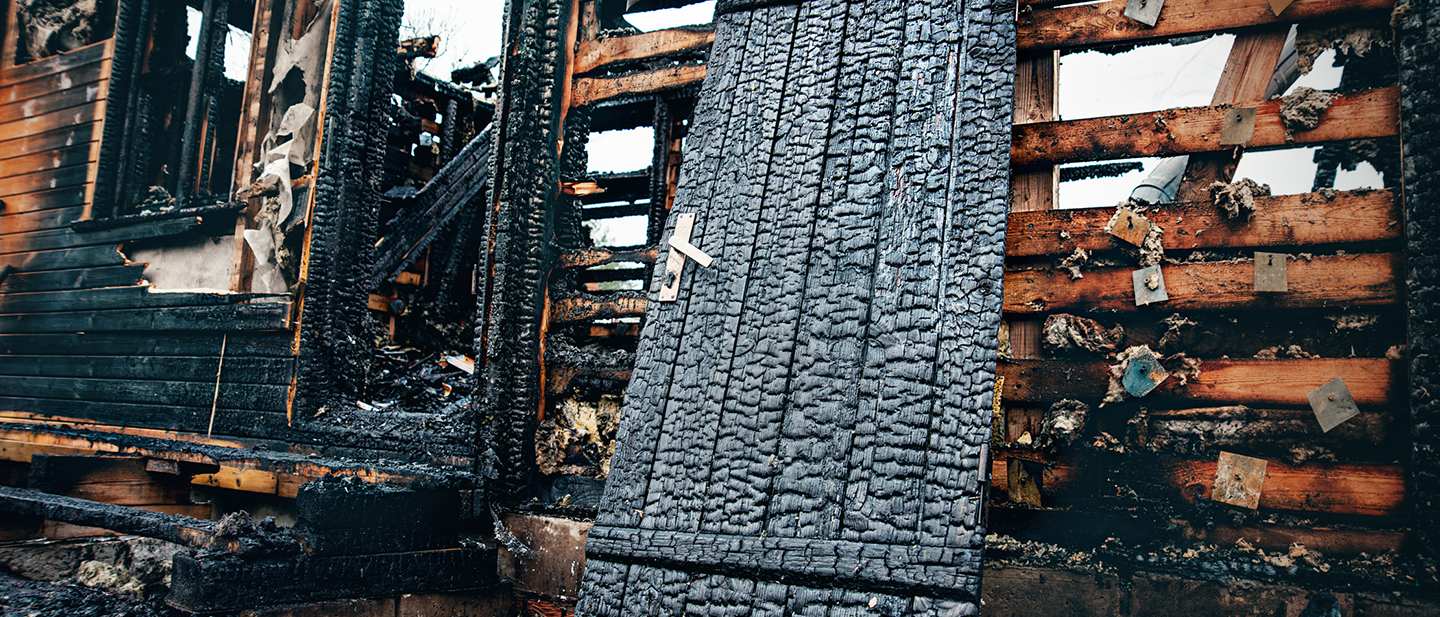DANIEL’S TAKE
Part 1 Of 2 – From the Lower 9th Ward to Maui: Disaster Capitalism, Displacement, and the Exploitation of Vulnerable Communities

In recent years, the world has witnessed a surge in extreme weather events, from hurricanes and wildfires to floods and tornadoes, leaving behind a trail of destruction, despair, and displacement. While these disasters disrupt lives and communities, they also open the door to a phenomenon known as “disaster capitalism.” This term describes the exploitation of natural disasters by individuals and corporations seeking to profit from the vulnerabilities and hardships faced by affected populations. This blog delves into the unsettling reality of disaster capitalism and its repercussions, focusing on the aftermath of hurricanes Katrina and Rita, while highlighting the importance of ethical reconstruction and the dangers posed by predatory developers.
Eighteen years since the devastation of Hurricanes Katrina and Rita, they remain as poignant examples of the devastating consequences of natural disasters. These two hurricanes, which struck the Gulf Coast of the United States in 2005, displaced or evacuated over a million people, leaving behind a landscape of destruction and heartache. Homes were obliterated, communities were shattered, and lives were forever altered. As the immediate shock subsided, a new threat emerged in the form of disaster capitalism.
Disaster capitalism is a grim reality that often takes advantage of the chaos and disarray left in the wake of catastrophic events. Predatory developers and corporations see these disasters as opportunities to swoop in, acquire land at reduced prices, and engage in excessive commercial development, often at the expense of the communities that have already suffered so much. These actions exacerbate the pain and displacement experienced by underserved and disadvantaged populations.
Jennifer Gray Thompson, CEO of After the Fire USA, witnessed this firsthand during the Tubbs Fire in 2017 and warns of the similar threat now facing Maui, Hawaii. The fires that engulfed Maui in 2023 displaced thousands and left an indelible scar on the community. Thompson’s concern about unscrupulous individuals taking advantage of the tragedy is well-founded. As land values rise due to post-disaster rebuilding efforts, developers may target distressed homeowners, initiating a cycle of displacement and exploitation.
The term “climate gentrification,” coined by Jesse Keenan, an associate professor of sustainable real estate and urban planning, highlights another alarming consequence of disaster capitalism. When safer areas become increasingly unaffordable after a climate-amped disaster, local communities find themselves unable to return to their homes, pushing them to the outskirts or forcing them into entirely new regions. This phenomenon is not only unjust but perpetuates a cycle of inequality, further disenfranchising those who are already marginalized.
For instance, in Maui, a place known for its stunning natural beauty and vibrant local culture, the threat of climate gentrification looms large. The fires of 2023 have not only razed homes and land but have also ignited fears of an influx of opportunistic investors seeking to exploit the trauma and economic hardships of the affected community.
In the face of disaster capitalism, it is imperative to champion ethical reconstruction and prioritize the needs of the affected communities. Rebuilding efforts should focus on the well-being of the people who call these areas home, rather than catering to the interests of those seeking financial gain. Governments, organizations, and local leaders must collaborate to create comprehensive plans that prioritize affordable housing, support systems for displaced residents, and sustainable development that respects the local culture and environment.
The tragedies of hurricanes Katrina and Rita, as well as the recent wildfires in Maui, serve as powerful reminders of the catastrophic impact of natural disasters on communities and their vulnerability to the exploitation of disaster capitalism. The road to recovery should be paved with compassion, resilience, and a commitment to justice. By raising awareness about predatory developers, climate gentrification, and the threats posed by disaster capitalism, we can work together to ensure that those who have already endured so much are not further victimized by the very forces that should be helping them rebuild their lives. It’s time to build a future that prioritizes the well-being of all, regardless of their socioeconomic status or the circumstances that brought them face to face with disaster.
